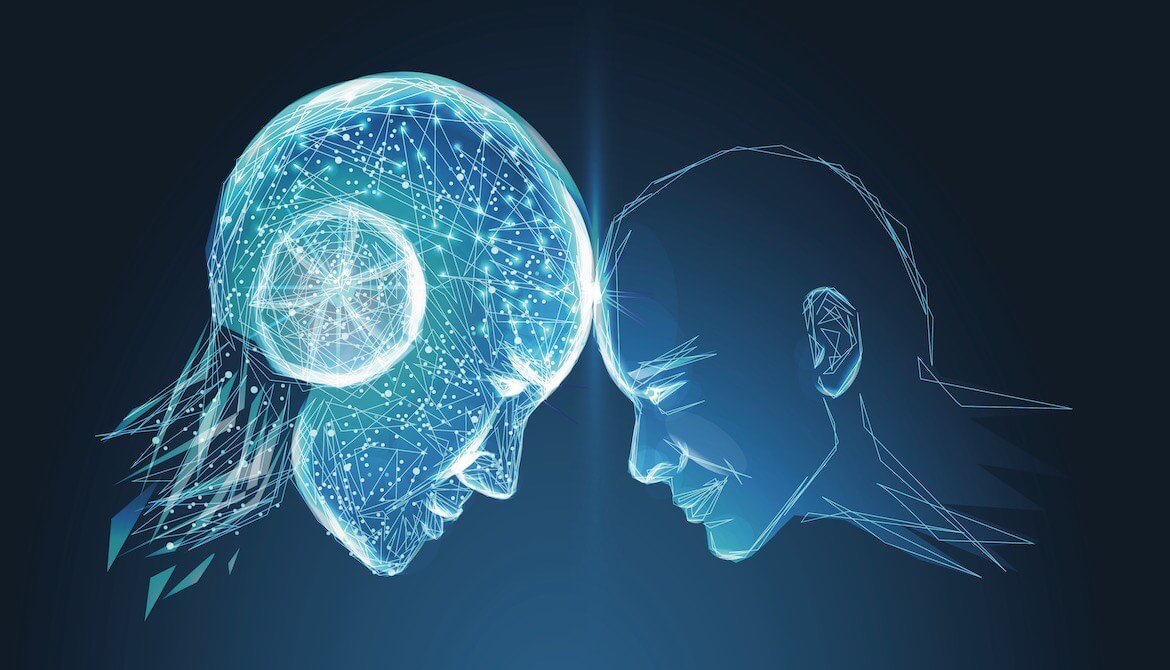AI vs. Human Intelligence: Can Machines Really Replace Us?
Artificial Intelligence (AI) has rapidly progressed in the past few decades and has become an integral part of our daily lives. AI technologies like self-driving cars, voice assistants, and smart home devices are becoming increasingly common. However, the rise of AI has also raised concerns about the future of human intelligence. Can machines really replace us? In this article, we will explore the differences between AI and human intelligence and discuss whether machines can truly replace us.
First, let's understand what AI is. AI refers to the simulation of human intelligence in machines that are programmed to perform tasks that would typically require human intervention. AI uses algorithms and data to learn and improve its performance over time. AI can perform various tasks like image recognition, speech recognition, decision-making, and language translation.
On the other hand, human intelligence is the ability of humans to learn, reason, solve problems, and adapt to new situations. Human intelligence is complex, dynamic, and can never be fully replicated by machines. Human intelligence is not just about the ability to perform specific tasks but also includes emotional intelligence, creativity, and social skills.
While AI has made significant strides in recent years, it still cannot replicate human intelligence entirely. Machines lack the creativity, intuition, and emotional intelligence that humans possess. AI can only perform tasks for which it has been programmed and cannot think beyond that. Machines lack the ability to understand social nuances and emotions, which are essential for human interaction.
Moreover, machines can make errors and mistakes, and they cannot learn from experience in the same way that humans do. Humans can adapt and learn from their mistakes, but machines require constant supervision and maintenance to perform accurately.
However, AI has some significant advantages over human intelligence. AI can process vast amounts of data quickly and accurately, and it can perform tasks with greater precision and consistency than humans. AI can work tirelessly, 24/7, and does not require breaks or rest. AI can also perform dangerous tasks, reducing the risk of human injury.
So, can machines replace us? The answer is no. While AI can perform some tasks more efficiently and accurately than humans, it cannot replace human intelligence entirely. Humans possess a unique combination of cognitive and emotional intelligence that is critical for decision-making, creativity, and problem-solving. Machines cannot replicate the emotional intelligence and social skills required for human interaction and communication.
Furthermore, as machines become more advanced, they will require even more significant human intervention and oversight. Humans will need to program, monitor, and maintain machines, ensuring that they function correctly and ethically. In other words, machines will always be dependent on humans to some extent.
In conclusion, AI and human intelligence are fundamentally different, and machines cannot replace us entirely. While machines may outperform humans in specific tasks, humans possess a unique combination of cognitive and emotional intelligence critical for decision-making, creativity, and problem-solving. AI and human intelligence can complement each other, but they cannot replace each other. Therefore, instead of worrying about machines replacing us, we should focus on how we can use AI to enhance our capabilities and improve our quality of life.




0 Comments